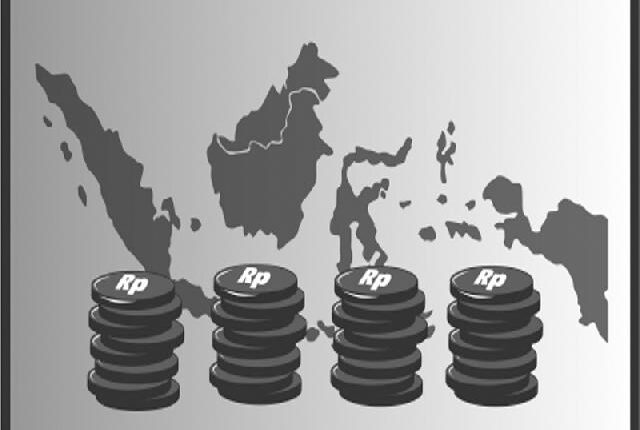Appreciating the 12% VAT policy for the sake of economic equality
By: Anindira Putri Maheswani )*
The plan to adjust Value Added Tax (VAT) to 12 percent in 2025 needs to be appreciated together. Because, this policy is believed to be able to increase state revenue to support national development.
Amidst the current global uncertainty, the role of government in designing appropriate mitigation strategies is crucial. Supporting policies that are able to maintain the balance of the national economy while protecting vulnerable groups from the negative impacts of tax adjustments must be prioritized immediately.
Targeted mitigation measures can not only minimize the risk of economic contraction but also ensure that long-term goals, such as equal welfare, are achieved. Social assistance programs, tax incentives for MSMEs, and tax exemptions on basic necessities are concrete examples of policies that can maintain economic stability.
In this situation, the government is expected to be able to make decisions that are not only reactive, but also strategic for the long term. Support from the community and economic actors is needed so that this policy can be well received. With proper mitigation, VAT adjustments do not have to be a threat, but rather an opportunity to strengthen the economy towards a more just and prosperous Indonesia.
Executive Director of the Institute for Development of Economics and Finance (Indef), Esther Sri Astuti, gave the view that the VAT adjustment has great potential to suppress people’s purchasing power. In this situation, the government is expected to provide relevant incentives to maintain the continuity of the national economic movement, especially for the small and micro business sector. According to her, this incentive is important so that people can continue to adapt to the increasing tax burden, especially in the midst of challenging economic conditions.
In addition, Bank Permata Chief Economist Josua Pardede also emphasized the importance of strengthening social assistance (bansos) programs. He views that bansos is an instrument that can maintain people’s purchasing power while preventing economic contraction due to tax adjustments.
This step can be an effective solution to maintain the productivity of MSMEs, maintain competitiveness, and support the achievement of the national economic growth target which is projected to reach 8 percent.
Furthermore, Josua sees that this VAT adjustment policy, if managed well, can support the grand vision of Indonesia Emas 2045. In the long term, increased tax revenue is believed to be able to strengthen the state budget to finance various development programs. Thus, Indonesia can achieve a position as one of the five largest economic powers in the world, in accordance with the targets that have been set.
However, on the other hand, the Directorate General of Taxes (DJP) of the Ministry of Finance ensures that the results of this VAT adjustment will be returned to the people through various forms of social programs and subsidies. The government is committed to using the funds to support the community, especially the lower middle economic group.
Programs such as Direct Cash Assistance (BLT), Family Hope Program (PKH), Smart Indonesia Card (KIP), and subsidies for various basic needs are real manifestations of the government’s efforts to ease the burden on the community.
The DGT has also shown progressive steps by expanding the income layer subject to low tax rates, from the previous IDR 50 million to IDR 60 million per year. In addition, Individual Taxpayers of MSMEs with a turnover of up to IDR 500 million will be exempted from the obligation to pay income tax (PPh). This step was taken to maintain people’s purchasing power and provide space for small business actors to continue to grow amidst tax adjustments.
In addition, not all goods and services will be subject to VAT. Basic necessities such as rice, corn, soybeans, as well as health services, education, and public transportation are exempt from VAT. This policy reflects the principle of mutual cooperation, where people with higher incomes are expected to contribute more, while the lower middle class are protected.
However, the success of this policy still depends on how the government can strategically manage the implementation of this VAT adjustment. Strict supervision of the distribution of social assistance and subsidies is a key element so that the promised benefits really reach the people in need. The government also needs to ensure that this policy does not become an additional burden for MSMEs, which are the backbone of the national economy.
Ultimately, this VAT adjustment can be an opportunity to strengthen the state revenue base if accompanied by appropriate mitigation measures. With the support of relevant incentives and responsive social policies, Indonesia has the opportunity to not only maintain economic stability but also encourage more inclusive growth.
This policy should be seen as a step towards a better future, where every level of society can contribute according to their abilities, and the government is there to ensure that no one is left behind in the journey towards economic equality. Now is the time for the government and society to work together to oversee this policy so that it truly brings benefits to all parties, while supporting the achievement of the grand vision of Golden Indonesia 2045.
)* The author is Persada Institute
